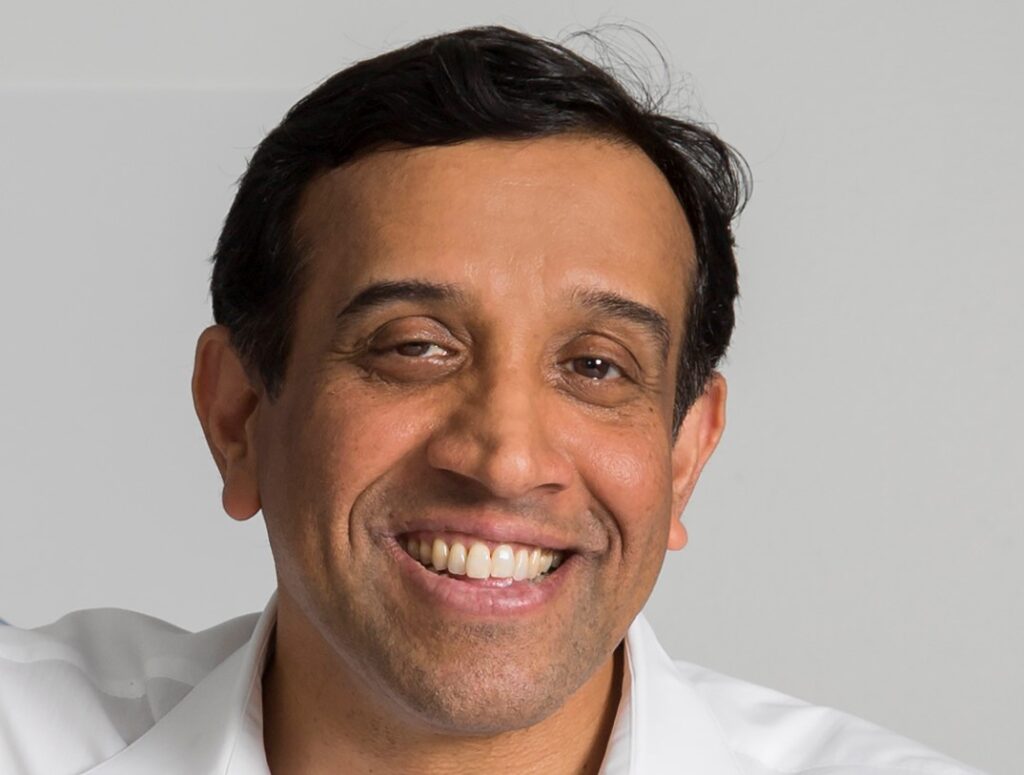Gov. Abbott appoints Texas A&M expert to Texas Radiation Advisory Board
Pillai selected for his research, application of electron beam technology
Gov. Greg Abbott has appointed Suresh Pillai, Ph.D., professor in the Texas A&M College of Agriculture and Life Sciences Department of Food Science and Technology and director of the National Center for Electron Beam Research, NCEBR, to the Texas Radiation Advisory Board.

The radiation advisory board reviews and evaluates the rules, policies and programs of state agencies that regulate radiation. It also makes recommendations and provides technical advice on matters related to the development, use and regulation of sources of radiation.
Pillai said serving on the board is a profound privilege and his appointment underscores the vital work being done at the NCBER.
“I am deeply honored by Governor Abbott’s appointment to this board,” Pillai said. “We are on the cusp of witnessing significant advancements in the commercial applications of ionizing technologies in food, water and agriculture — both in Texas and across the U.S.”
Pillai’s electron beam research and applications
Pillai is a subject matter expert for ionizing technologies for the U.S. National Nuclear Security Administration-Office of Radiological Security. He is a Fellow of the Institute of Food Technologists and member of the American Society for Microbiology and American Association for the Advancement of Science.
He earned his bachelor’s degree in botany and master’s degree in industrial microbiology from the University of Madras, India, as well as a doctoral degree in microbiology and immunology from the University of Arizona.
Pillai’s research focuses on harnessing electron technology for a wide range of uses varying from food quality, safety, shelf-life and phytosanitary treatment to the development of novel vaccines and therapeutics to environmental remediation to improve public health and environmental quality.
He also runs outreach and education programs supporting the adoption of electron beam and X-ray technology with the hope to reduce global nuclear security threats, along with boosting economic prosperity in underdeveloped parts of the world.
“Dr. Pillai has made unparalleled achievements in advancing electron beam and X-ray technologies,” said G. Cliff Lamb, Ph.D., director of Texas A&M AgriLife Research. “As the foremost global authority in applying these technologies across such diverse fields as food, agriculture, health and the environment, he is committed to finding safe ways to protect our food and water supply as well as our national security.”
About the National Center for Electron Beam Research
Located on the Texas A&M University campus in Bryan-College Station, the NCEBR focuses on research and commercialization activities related to the use of electron beam technology. Championing the use of electrons for a variety of purposes, the center has created new paradigms in:
- Cleaning: Water reuse, waste treatment and remediation technologies.
- Healing: Novel vaccines and sterilization strategies for the medical industry.
- Feeding: Securing food supplies and helping eliminate foodborne illnesses.
- Shaping: Adding novel functionality to polymers and advanced materials.
In addition to the center’s efforts toward improving the quality of life of humans on this planet, it also provides solutions that will help enable manned and unmanned long-duration space missions.


